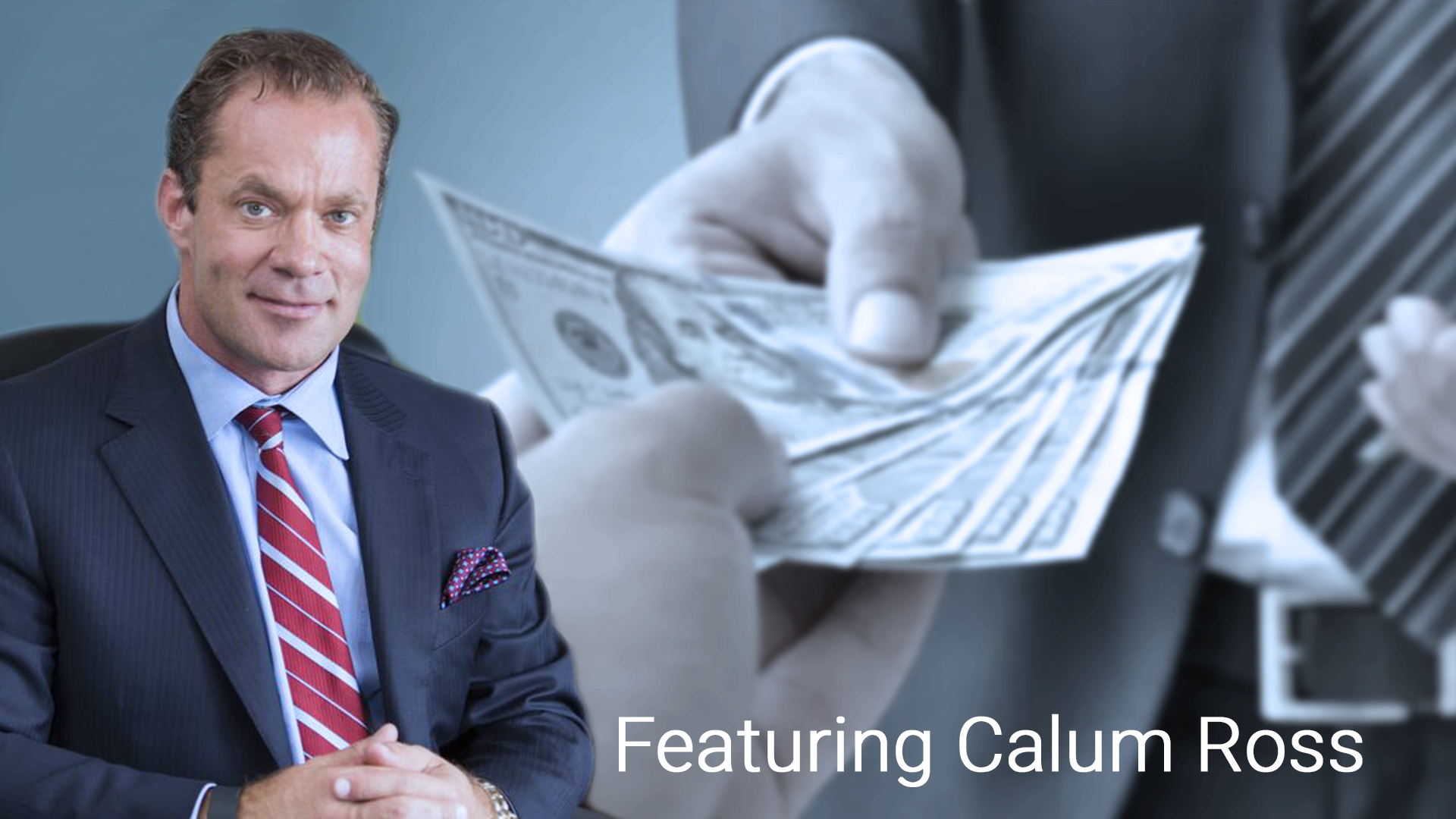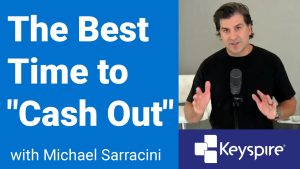Key Borrowing Rules Successful Investors Should Follow

When it comes to borrowing, ensure you are setting yourself up to be successful for many years to come by following these important rules.
Okay. So there’s a few key rules that real estate investors must always follow and say, let me rephrase that. If you want to be successful in real estate investing, these are key rules that you must follow. If you are looking to run into the financing wall real early or overpay interest, you probably are not on this call, so I’m not gonna address it.
Rule number one. As you must at all times seek to maximize access to capital. This mortgage must always say, support the next, what I find all the time is that particularly people starting out who don’t take the time to get themselves informed what they actually do is they, they’re focused on the transaction.
And all too often, they’re working with a mortgage person who’s interested and who’s focused on funding the deal as opposed to supporting your long-term portfolio growth. So two things that you avoid there. One is that you don’t wanna be dealing with the real estate professionals, mortgage professionals, legal professionals, or accounting professionals who are transaction thinking. You want them to be managing all of your relationship.
The second thing is for a mortgage person to hold themselves out as a real estate investment expert, who doesn’t actually have a financial planning background, I’m gonna suggest that it’s a stretch. A key component of real estate investing is tax deferral and building after tax net worth.
And simply put, you’re not exposed to that in mortgage courses, and that’s not the type of stuff that someone self teaches themselves. So I want you to be mindful of working with good people.
The second thing is you must always minimize monthly payments to build future qualification, debt servicing matters.
And when I say minimize monthly payments there, I am not speaking to minimizing the monthly payment when it comes to the way that it shows up on your mortgage statement, I’m specifically talking about the way the lender’s going to treat that. The classic example of course, is people use a line of credit. It’s a 1% higher interest rate than a below prime variable rate mortgage.
And while their minimum required interest only payment might in fact be lower than what a 25 year amortization variable rate mortgage is the way the lender treats that is dramatically higher because of course they amortize that loan over 25 years. Plus you’re paying 1% higher interest. It will dramatically impact requalification.
The other thing, number three is never waste an easy approval when starting to invest such as someone who’s got a large a commercial banking relationship maybe you’ve got, you’re in private banking with one of the big banks. A lot of the big banks will have a portfolio based decision based on how much borrowing you have with them providing you’ve got a primary banking relationship with them, but going to them early is a big mistake. And I’ve said this many times if you are going to go with a fixed rate mortgage, you want to avoid going with a big bank as much as possible. The difference in the way that penalties are calculated is dramatic. We are talking about staggering differences. The most recent rules would indicate that someone who paid on a mortgage for $300,000 in the first month, would actually pay a penalty. In many cases it would be just under, just over 10% of the outstanding mortgage balance. So if you imagine having a $300,000 mortgage and paying a $30,000 penalty to get out of that mortgage in the early stages you’d very likely be better off boring from a cash payday system or organized crime than actually getting a mortgage through a big bank who’s gonna charge that large penalty.
And now we’re gonna point out to you that terms are so much more important than rate. We regularly now have this emergence of rate sites where, they’re promising all these mortgage rates and what people need to look at is the total cost of ownership of the mortgage and whether or not that mortgage supports the access to capital in the long run.
The classic one I see is the big bank fixed rate mortgage penalty which makes it almost prohibitive for someone to refinance or, you’ve got a situation where the way they register the mortgage, they register it for substantially higher than what the face value of the mortgage is, which prohibits you from getting a line of credit behind. So you want to be mindful of the transaction costs for prepayment, the allowable, prepayment and any fees and limitations along the way.
You want have flexible mortgage products so that as your portfolio appreciates, you can preserve rule number one, which is you’ve got to be mindful about access to capital.
Recent Blogs
The Best Time To “Cash Out” Is…
“When should I ‘cash out’ and sell my properties?” I hear this question a lot and it blows my…
Attract Higher Paying Tenants by Being Pet Friendly!
Optimizing an investment property is all about maximizing your income and minimizing your workload and expenses, such as tenant turnover.…
The 7-Step JV Process
“It’s better to own 10% of 100 properties than 100% of 1 property.” No matter how wealthy and successful…
Income Vs Net Worth
In today’s world, two of the most important financial metrics are income and net worth. Understanding the distinction between the…




